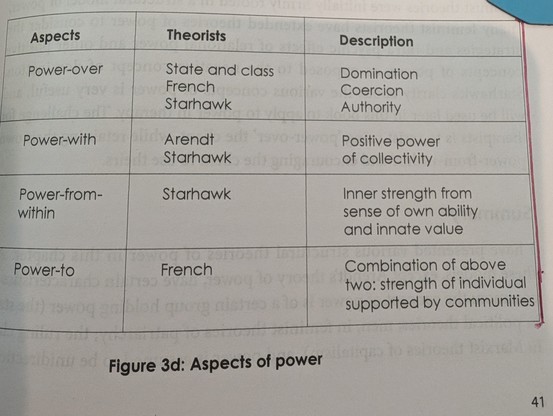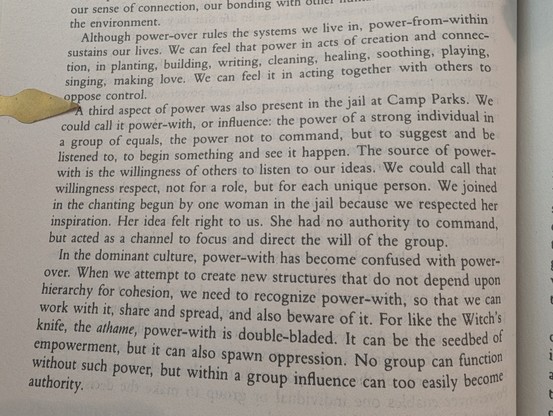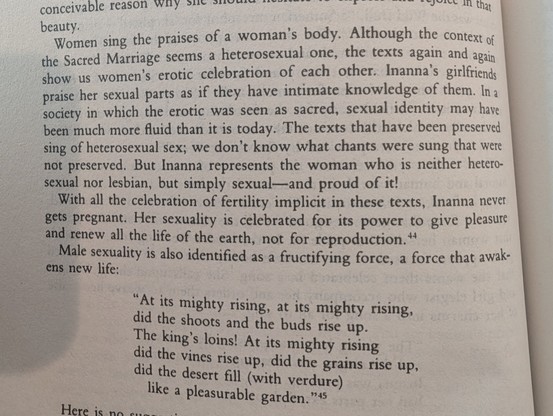2025-07-28 13:06:20
How popular media gets love wrong
Now a bit of background about why I have this "engineered" model of love:
First, I'm a white straight cis man. I've got a few traits that might work against my relationship chances (e.g., neurodivergence; I generally fit pretty well into the "weird geek" stereotype), but as I was recently reminded, it's possible my experience derives more from luck than other factors, and since things are tilted more in my favor than most people on the planet, my advice could be worse than useless if it leads people towards strategies that would only have worked for someone like me. I don't *think* that's the case, but it's worth mentioning explicitly.
When I first started dating my now-wife, we were both in graduate school. I was 26, and had exactly zero dating/romantic experience though that point in my life. In other words, a pretty stereotypical "incel" although I definitely didn't subscribe to incel ideology at all. I felt lonely, and vaguely wanted a romantic relationship (I'm neither aromantic nor asexual), but had never felt socially comfortable enough to pursue one before. I don't drink and dislike most social gatherings like parties or bars; I mostly hung around the fringes of the few college parties I attended, and although I had a reasonable college social life in terms of friends, I didn't really do anything to pursue romance, feeling too awkward to know where to start. I had the beginnings of crushes in both high school and college, but never developed a really strong crush, probably correlated with not putting myself in many social situations outside of close all-male friend gatherings. I never felt remotely comfortable enough to act on any of the proto-crushes I did have. I did watch porn and masturbate, so one motivation for pursuing a relationship was physical intimacy, but loneliness was as much of a motivating factor, and of course the social pressure to date was a factor too, even though I'm quite contrarian.
When I first started dating my now-wife, we were both in graduate school. I was 26, and had exactly zero dating/romantic experience though that point in my life. In other words, a pretty stereotypical "incel" although I definitely didn't subscribe to incel ideology at all. I felt lonely, and vaguely wanted a romantic relationship (I'm neither aromantic nor asexual), but had never felt socially comfortable enough to pursue one before. I don't drink and dislike most social gatherings like parties or bars; I mostly hung around the fringes of the few college parties I attended, and although I had a reasonable college social life in terms of friends, I didn't really do anything to pursue romance, feeling too awkward to know where to start. I had the beginnings of crushes in both high school and college, but never developed a really strong crush, probably correlated with not putting myself in many social situations outside of close all-male friend gatherings. I never felt remotely comfortable enough to act on any of the proto-crushes I did have. I did watch porn and masturbate, so one motivation for pursuing a relationship was physical intimacy, but loneliness was as much of a motivating factor, and of course the social pressure to date was a factor too, even though I'm quite contrarian.
I'm lucky in that I had some mixed-gender social circles already like intramural soccer and a graduate-student housing potluck. Graduate school makes a *lot* more of these social spaces accessible, so I recognize that those not in school of some sort have a harder time of things, especially if like me they don't feel like they fit in in typical adult social spaces like bars.
However, at one point I just decided that my desire for a relationship would need action on my part and so I'd try to build a relationship and see what happened. I worked up my courage and asked one of the people in my potluck if she'd like to go for a hike (pretty much clearly a date but not explicitly one; in retrospect not the best first-date modality in a lot of ways, but it made a little more sense in our setting where we could go for a hike from our front door). To emphasize this point: I was not in love with (or even infatuated with) my now-wife at that point. I made a decision to be open to building a relationship, but didn't follow the typical romance story formula beyond that. Now of course, in real life as opposed to popular media, this isn't anything special. People ask each other out all the time just because they're lonely, and some of those relationships turn out fine (although many do not).
I was lucky in that some aspects of who I am and what I do happened to be naturally comforting to my wife (natural advantage in the "appeal" model of love) but of course there are some aspects of me that annoy my wife, and we negotiate that. In the other direction, there's some things I instantly liked about my wife, and other things that still annoy me. We've figured out how to accept a little, change a little, and overall be happy with each other (though we do still have arguments; it's not like the operation/construction/maintenance of the "love mechanism" is always perfectly smooth). In particular though, I approached the relationship with the attitude of "I want to try to build a relationship with this person," at first just because of my own desires for *any* relationship, and then gradually more and more through my desire to build *this specific* relationship as I enjoyed the rewards of companionship.
So for example, while I think my wife is objectively beautiful, she's also *subjectively* very beautiful *to me* because having decided to build a relationship with her, I actively tried to see her as beautiful, rather than trying to judge whether I wanted a relationship with her based on her beauty. In other words, our relationship is more causative of her beauty-to-me than her beauty-to-me is causative of our relationship. This is the biggest way I think the "engineered" model of love differs from the "fire" and "appeal" models: you can just decide to build love independent of factors we typically think of as engendering love (NOT independent of your partner's willingness to participate, of course), and then all of those things like "thinking your partner is beautiful" can be a result of the relationship you're building. For sure those factors might affect who is willing to try building a relationship with you in the first place, but if more people were willing to jump into relationship building (not necessarily with full commitment from the start) without worrying about those other factors, they might find that those factors can come out of the relationship instead of being prerequisites for it. I think this is the biggest failure of the "appeal" model in particular: yes you *do* need to do things that appeal to your partner, but it's not just "make myself lovable" it's also: is your partner putting in the effort to see the ways that you are beautiful/lovable/etc., or are they just expecting you to become exactly some perfect person they've imagined (and/or been told to desire by society)? The former is perfectly possible, and no less satisfying than the latter.
To cut off my rambling a bit here, I'll just add that in our progress from dating through marriage through staying-married, my wife and I have both talked at times explicitly about commitment, and especially when deciding to get married, I told her that I knew I couldn't live up to the perfect model of a husband that I'd want to be, but that if she wanted to deepen our commitment, I was happy to do that, and so we did. I also rearranged my priorities at that point, deciding that I knew I wanted to prioritize this relationship above things like my career or my research interests, and while I've not always been perfect at that in my little decisions, I've been good at holding to that in my big decisions at least. In the end, *once we had built a somewhat-committed relationship*, we had something that we both recognized was worth more than most other things in life, and that let us commit even more, thus getting even more out of it in the long term. Obviously you can't start the first date with an expectation of life-long commitment, and you need to synchronize your increasing commitment to a relationship so that it doesn't become lopsided, which is hard. But if you take the commitment as an active decision and as the *precursor* to things like infatuation, attraction, etc., you can build up to something that's incredibly strong and rewarding.
I'll follow this up with one more post trying to distill some advice from my ramblings.
#relationships #love


